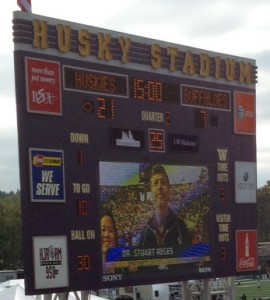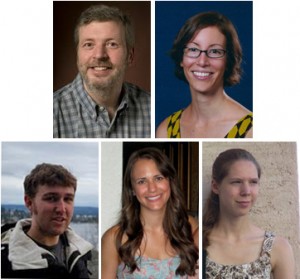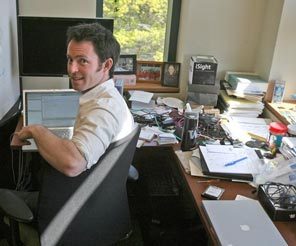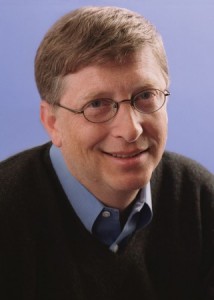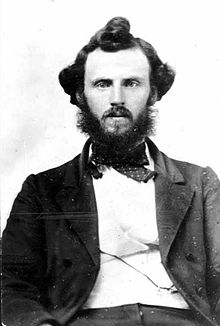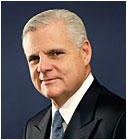 Joe Tucci, Chairman and CEO of EMC, will deliver the keynote address at the UW CSE Industrial Affiliates Meeting, at 2:45 p.m. on October 19 in the Microsoft Atrium of the Paul G. Allen Center for Computer Science & Engineering. The talk, part of the UW CSE Distinguished Lecturer Series, is open to the public.
Joe Tucci, Chairman and CEO of EMC, will deliver the keynote address at the UW CSE Industrial Affiliates Meeting, at 2:45 p.m. on October 19 in the Microsoft Atrium of the Paul G. Allen Center for Computer Science & Engineering. The talk, part of the UW CSE Distinguished Lecturer Series, is open to the public.
Earlier in the day, Mr. Tucci will dedicate a new Pioneer Square facility for Isilon, a Seattle company co-founded by Sujal Patel and UW CSE alumnus Paul Mikesell that was acquired by EMC in January for $2.4 billion. The new facility will allow Isilon to more than double its Seattle workforce.
Cloud + Big Data = Massive Change, Massive Opportunity
Wednesday, October 19, 2011
2:45pm, Microsoft Atrium, Paul G. Allen Center for Computer Science & Engineering
The event will be webcast live, and web archived. Additional information here.
Abstract
Cloud computing is transforming IT, unleashing a wave of disruption in infrastructure, applications and end-user devices unlike anything the industry has experienced before. Ultimately, this disruptive change will enable organizations to deliver IT as a service, dramatically improving efficiency and agility.
At the same time, Big Data is transforming business, government services and research. Data volumes are expected to grow 44 fold over the course of this decade. Locked inside are valuable nuggets of information about the next big innovation, market opportunity or medical miracle.
EMC Chairman & CEO Joe Tucci will outline how organizations are accelerating their journey to cloud computing while adopting ground breaking tools and technologies that are helping to unlock the value of Big Data.
Read more →
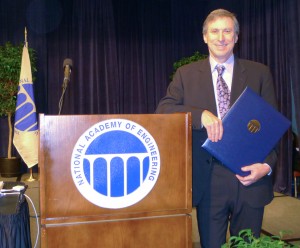 On Sunday, the National Academy of Engineering inducted UW CSE’s Hank Levy as one of 68 Members of the Class of 2011. Hank was recognized “For contributions to the design, implementation, and evaluation of operating systems, distributed systems, and processor architectures.”
On Sunday, the National Academy of Engineering inducted UW CSE’s Hank Levy as one of 68 Members of the Class of 2011. Hank was recognized “For contributions to the design, implementation, and evaluation of operating systems, distributed systems, and processor architectures.”

